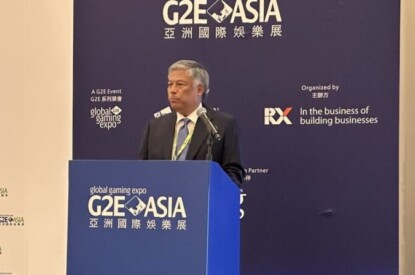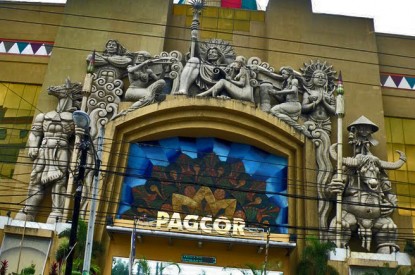Operator News
Banning Internet Gaming Licences would cause bigger problems, according to PAGCOR
By Phil - 17 June 2024
The Philippine Amusement and Gaming Corporation has said outlawing Internet Gaming Licensees or IGLs, previously called POGOs (Philippine Offshore Gaming Operators) could cause bigger problems since it would drive legitimate operators underground.
“If this happens, it would become harder for us to monitor them, and the number of illegal operators would grow and pose a bigger headache to our law enforcement authorities,” according to PAGCOR Chairman and CEO Alejandro H. Tengco.
“On top of these, the government will lose potential revenues of more than Php20 billion annually, without any guarantee that illegal activities will stop,” he said.
Mr. Tengco said it is very likely that when legitimate operators are banned, they will simply hide and vanish, bringing with them their gaming equipment like computers and machines and simply continue to operate without government monitoring and supervision.
“We have no guarantee that, once we ban the legitimate operators, they will simply close shop and return to their countries of origin where they are likely to face prosecution and jail, or worse,” he said.
“So they will just go underground here in the Philippines and continue operating,” the PAGCOR chief said. “Worse, they could join those who are engaged in illegal activities like scamming, hacking and other cybercrimes, which would cause bigger problems to us.”
“Once they are underground, we lose control over them,” Mr. Tengco said.
Despite this, the PAGCOR chief said the agency will respect whatever decision Congress will make on the issue.
“It is the prerogative of our lawmakers to outlaw IGLs, if they believe it will solve our problems.
“However, for us, the real problem are the criminal syndicates masquerading as POGOs. It is only through intensified law enforcement and the cooperation of all sectors that we would be able to address the problem of criminality,” Mr. Tengco said.





